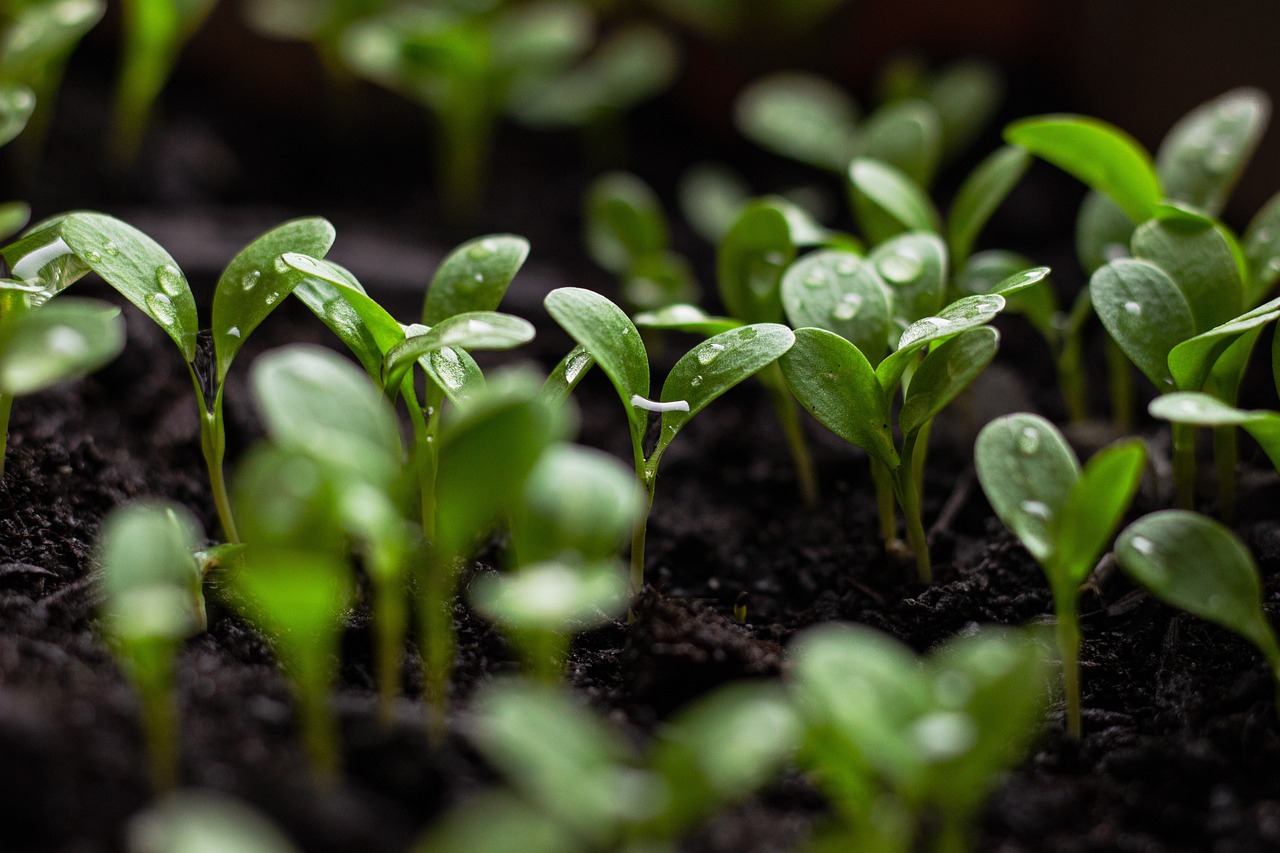7 Dietitian-Approved Tips for Sustainable Eating: A Guide to Health and the Planet

Sustainable eating, at one time just a trend and not a lifestyle in which our choices can influence our body and the planet, has become something more than a fad-a tool toward our well-being and that of the environment. Sustainable eating calls for consuming those foods that are the richest in nutrients, less processed, and produced to maximize as little damage to the environment as possible. Here, we present to you seven tips approved by dietitians as a means of adopting such sustainable approaches to eating, informed by the best nutritionist in Bangalore on how such changes can become practical, manageable, and impactful.
1. Choose Whole, Plant-Based Foods
One of the easiest ways to be sustainable, then, is to move towards more plant-based food options. Plant-based eating reduces the resources needed for resource-intensive animal farming-the largest contributor to greenhouse gases, deforestation, and water pollution. By prioritizing fruits, vegetables, grains, nuts, and seeds, you’re both nourishing your body and reducing your footprint on earth.
According to Bangalore’s best nutritionist, “If even a few meals a week are replaced with plant-based, changes in one’s lifestyle will be seen.” Simply put, attempt to add more vegetables to your diet and maybe incorporate meat alternatives or try some plant-based recipes. You’re sure to start feeling much better regarding your energy, digestion, and overall general wellbeing.
2. Support Local and Seasonal Produce
Eating local and seasonal food is also a great way toward sustainability. Foods that can be consumed in the current local season require fewer transport and storage time, thus meaning they have a smaller carbon footprint. Also, they generally are fresher, tastier, and nutrient-rich since they are harvested when ripe.
Visit a farmer’s market, join a local CSA programme, or check out what is labeled as “local” in your grocery store. Buying from local farmers not only helps the environment but also the local economy. The best nutritionist in Bangalore suggests that eating with seasons will promote dietary variation and provision of nutrients proper to each season.
3. Buy in Bulk and Reduce Packaging
Plastic packaging is another significant environmental issue in the food industry. The easy ones might be buying grains, lentils, or nuts in bulk to reduce as much plastic waste and packaging as possible. Some retail shops let customers bring their containers so you’ll cut down on waste even further.
This can be both economical as well as eco-friendly if done at bulk stores or for commonly used items in larger quantities. According to the best nutritionist in Bangalore, this approach not only supports sustainability but also induces thoughtful shopping. You will then plan your meals better and buy only what you need, avoiding too much packaging.
4. Minimize Food Waste
The greatest neglected contributor to environmental harm is actually food waste. Each time you waste food, you are wasting the resources used to grow, transport, and store it. Begin by planning your meals ahead; alternatively, store food properly, and make leftovers work for you.
Simple examples include freezing fruits and vegetables before they turn bad, turning leftovers into entirely new dishes, or even using any food scraps for composting. Probably the best nutritionist in Bangalore will guide the clients on how to “adopt innovative methods of cooking in order to avoid any type of waste, like turning vegetable peels into soups or overripe fruits into a smoothie.” Small changes such as these add up and make a huge difference over time.
5. Opt for Sustainable Protein Sources
Protein is one component an individual needs in his balanced diet, but it can come from some sources that are more environmentally friendly than others. Sustainable proteins include legumes, lentils, beans, and even sustainably farmed fish, which all have a lower environmental footprint compared to resource-intensive red meats.
There are easily adoptable alternatives to consume higher quantities of plant-based proteins. Add beans to your salads, experiment with curries made from lentils, or always enjoy tofu and tempeh as meat. If you do consume meat, go for that which has a sustainability certificate. Here, the best nutritionist in Bangalore will tell you to opt for products marked with organic or sustainably farmed labels.
6. Limit Processed and Packaged Foods
In addition, processed foods are typically high in energy to make, contain too much packaging, and use ingredients that don’t belong with the sustainable way of making it. The reduction of eating processed foods will give you fresher, healthier options that are also kinder on the earth.
Using the kitchen will be in control of what to include and avoid, as well as portion food so that it is neither too much nor too little. The nutritionist should recommend simple recipes with short preparation times to assist users in making sustainable choices without forsaking convenience.
7. Drink More Water (and Less of Everything Else)
The most sustainable drink is water. It has to be compared to sugar drinks or juices, requiring complex processing, or milk-based beverages, processed way too much. Hydration through water reduces waste and is healthy in general. If you always move around, carry a refillable water bottle to keep away from plastic contamination through disposable bottles.
If plain water is too boring for you, you can add flavorings like lemons, cucumbers, or mint without even adding sugar or calories. According to the best nutritionist in Bangalore, making water your first drink of choice is really a no-brainer to promote sustainable eating.
The changes to a more sustainable way of eating can be gradual over time, rather than overnight. Small, intentional changes may take you toward habits that improve your health and the planet. The best nutritionist in Bangalore always encourages clients to approach sustainable eating as a long-term lifestyle choice, not a temporary diet.
Even the smallest changes can make a huge difference. Taking control of what we eat brings us ownership over our health and to a better, more sustainable world.
Sustainable eating calls for balance-it is creating choices that nourish us today while protecting resources for future generations. Therefore, every decision in meal planning and grocery shopping and cooking should be considered one step closer to a healthy, sustainable lifestyle.







